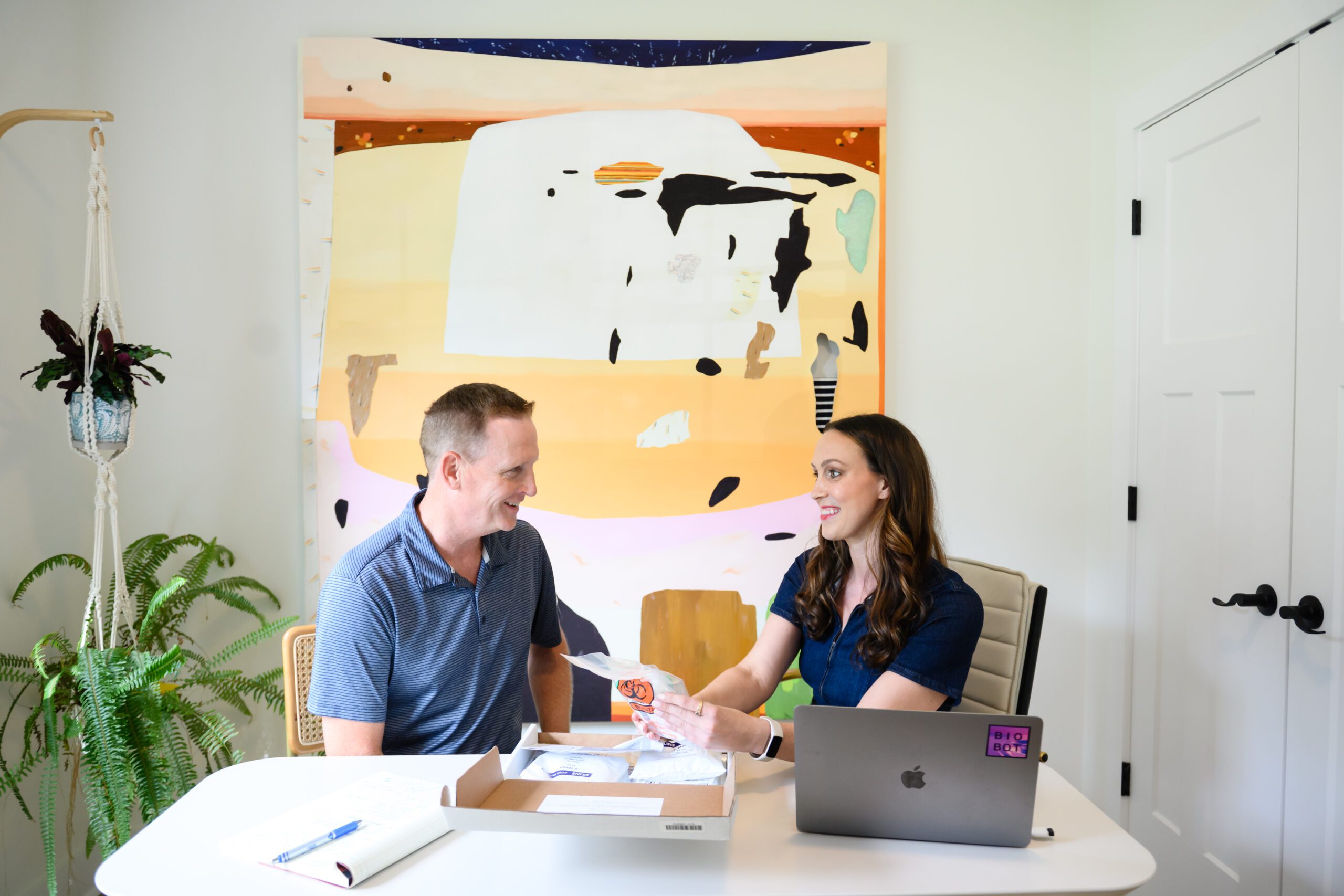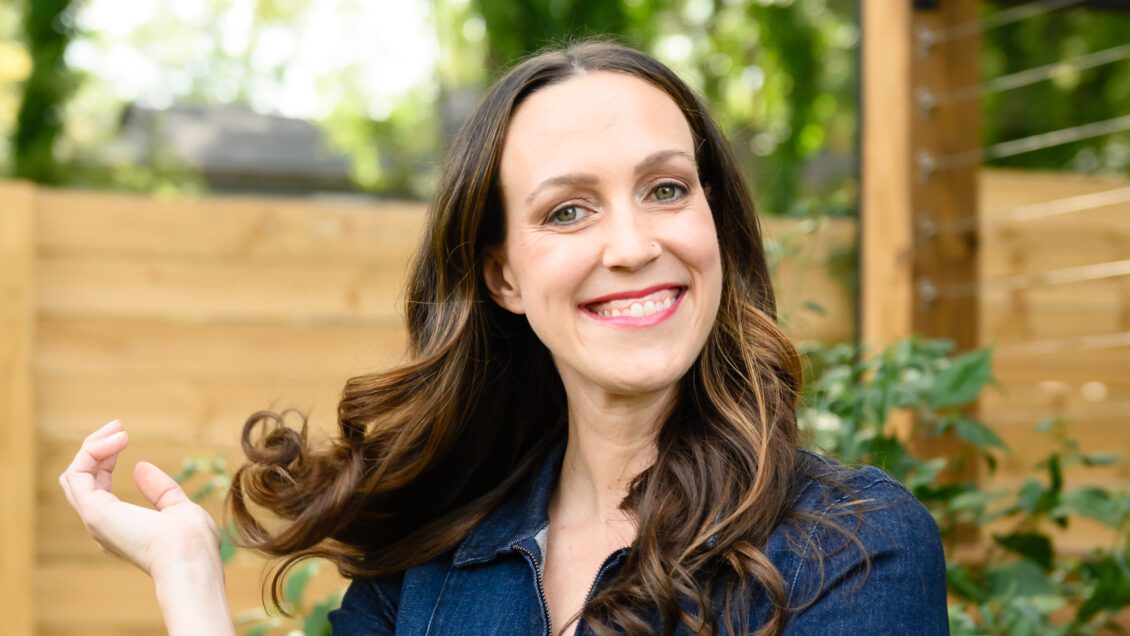Cameron Colby never could have planned it, but the timing of her decision to pursue a Master of Science in environmental engineering at Clemson University turned out to be impeccable.
When the pandemic hit, Colby helped analyze wastewater testing results from the University and surrounding communities for COVID-19 levels. Her work led to a position at Biobot Analytics, a Boston-based company that helped Clemson monitor the Omicron variant’s surge.

“To say that pursuing a master’s degree was one of the biggest challenges of my life is an understatement, but in the most rewarding and gratifying way,” Colby said. “The relationships that I formed over the year and a half I was going to school are still a part of my life and career today.”
Colby now works remotely for Biobot from her home in West Greenville. As a program manager with Biobot, she is working to establish a nationwide network of 70 wastewater treatment facilities as part of a project funded by the National Institute on Drug Abuse.
They will monitor for drugs, such as fentanyl, and its treatment, Naloxone, to provide data that can help save lives and improve community health.
Mariana Matus, CEO and cofounder of Biobot Analytics, called Colby a major asset to the company.
“Cameron’s hard work and passion not only inspire the entire team but also help ensure we deliver the highest quality results to our clients,” Matus said. “We are thrilled to have her working for Biobot. Her impact– and by extension her Clemson experience– stretch across the entire nation.”
The collaboration that landed Colby with Biobot was recently featured as a case study on the company’s website.
Clemson was one of the first universities in the United States to monitor wastewater for COVID-19, starting just a few weeks into the pandemic. The surveillance helped serve as an early warning when the virus was surging.
Testing led to a face-covering ordinance in the city of Clemson and other protective measures. But it was clear that something was off in 2021 when Omicron cases surged without a corresponding rise in wastewater levels, based on results from the service provider at the time, according to the case study.
Biobot was called in by David Freedman, who started and led the Clemson wastewater monitoring and is chair of the Department of Environmental Engineering and Earth Sciences.
The Biobot results tracked more closely with the Omicron wave, and Clemson began to partner with the company on wastewater testing, the case study reported. Colby, who was at the heart of the collaboration, said she found the work interesting.
“I reached out and asked, is there anywhere I fit on your team?” she recalled. “They said, maybe not this second, but we’ll get back to you. And within a couple of months, I was working there.”
Colby, who graduated from Chancellor High School in Fredericksburg, Virginia, first arrived in the Palmetto State in 2007 as a freshman at the University of South Carolina, where she graduated with a Bachelor of Science in civil and environmental engineering.
She put that degree to use in several capacities in industry before joining Clemson in 2019 and pursuing her master’s degree under Timothy DeVol, the Toshiba Professor of Nuclear Engineering.
“Cameron had an established career prior to returning for her graduate degree,” DeVol said. “I quickly learned of Cameron’s tenacity when being back in the classroom initially was very difficult for her. Seeing her flourish at Biobot and make such significant contributions to public health and environmental engineering are no surprise. She’s a testament to the potential realized through dedication and passion.”
Colby, a licensed professional engineer, received her master’s degree in December 2020 and now finds herself on the other side of the lectern, teaching an engineering-ethics class every Wednesday on Clemson’s main campus.
She said she likes that her current role with Biobot places her at the intersection of public health and environmental engineering– and that’s a place she would like to be for a while to see what opportunities come up next.
“I think this is going to have huge, positive implications for the public, so I definitely want to be a part of that,” she said.
Get in touch and we will connect you with the author or another expert.
Or email us at news@clemson.edu

